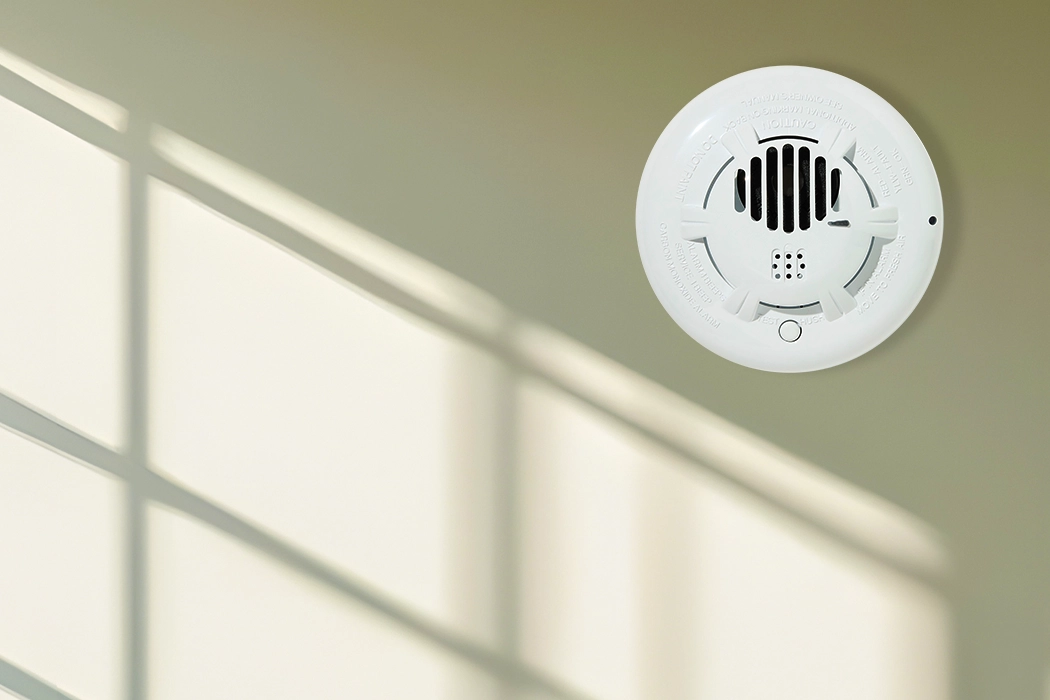Smoke Detector versus CO Detector
Which one do I need?
BY KRISTA BRUTON
September 11, 2020

For most, carbon monoxide (CO) poisoning is going to be far less likely than a fire. That said, it is important that proper safeguards be taken to protect your home and family from both. Having the right detector can make all the difference in an emergency.
What is a CO Detector?
This type of detector is designed to detect the presence of carbon monoxide fumes in the air. There are detectors and alarms, and both will keep you safe from carbon monoxide poisoning. An alarm creates a loud noise that alerts you to the presence of CO while a detector does the same but may or may not have a sound.
In the late 1990s Underwriters Laboratories (UL), which certifies devices including those that monitor CO and smoke, changed their definition of a single station CO detector with a sound device in it to a carbon monoxide (CO) alarm.
Carbon monoxide is a colorless, odorless, and tasteless gas that is produced by the incomplete combustion of materials that contain carbon. Most often, this occurs when something is burned, including fuels like kerosene or other heating elements. Most people are unable to identify a potential leak, so it is important to know if there’s a chance that CO is in the air.
What is a Smoke Detector?
A smoke detector works to detect smoke in the air as a sign of a potential fire. In most cases, this type of detector is going to work with the help of an infrared beam that is emitted through the eye of the detector. When that beam is broken by smoke, the detector sounds to alert those in the home of a potential fire. This type of alarm is essential for those that have a home to make sure that their family and home are safe. You can also get a break on your homeowner’s insurance if you have a smoke detector in your home. It is important that you always keep fresh batteries in your smoke detector.
Smoke detectors are a must, as fires are far more common than most people imagine in the grander scheme of things. Most homeowner’s policies will require that you have a detector in place. A CO detector is completely up to you. In many cases, CO is not something that everyone is going to come in contact with. If you have a home that has a fireplace or a wood-burning stove, you may want to consider a CO detector, as these are both common sources of CO.
Krista Bruton is a DFW-based writer who covers smart home security and consumer protection.



